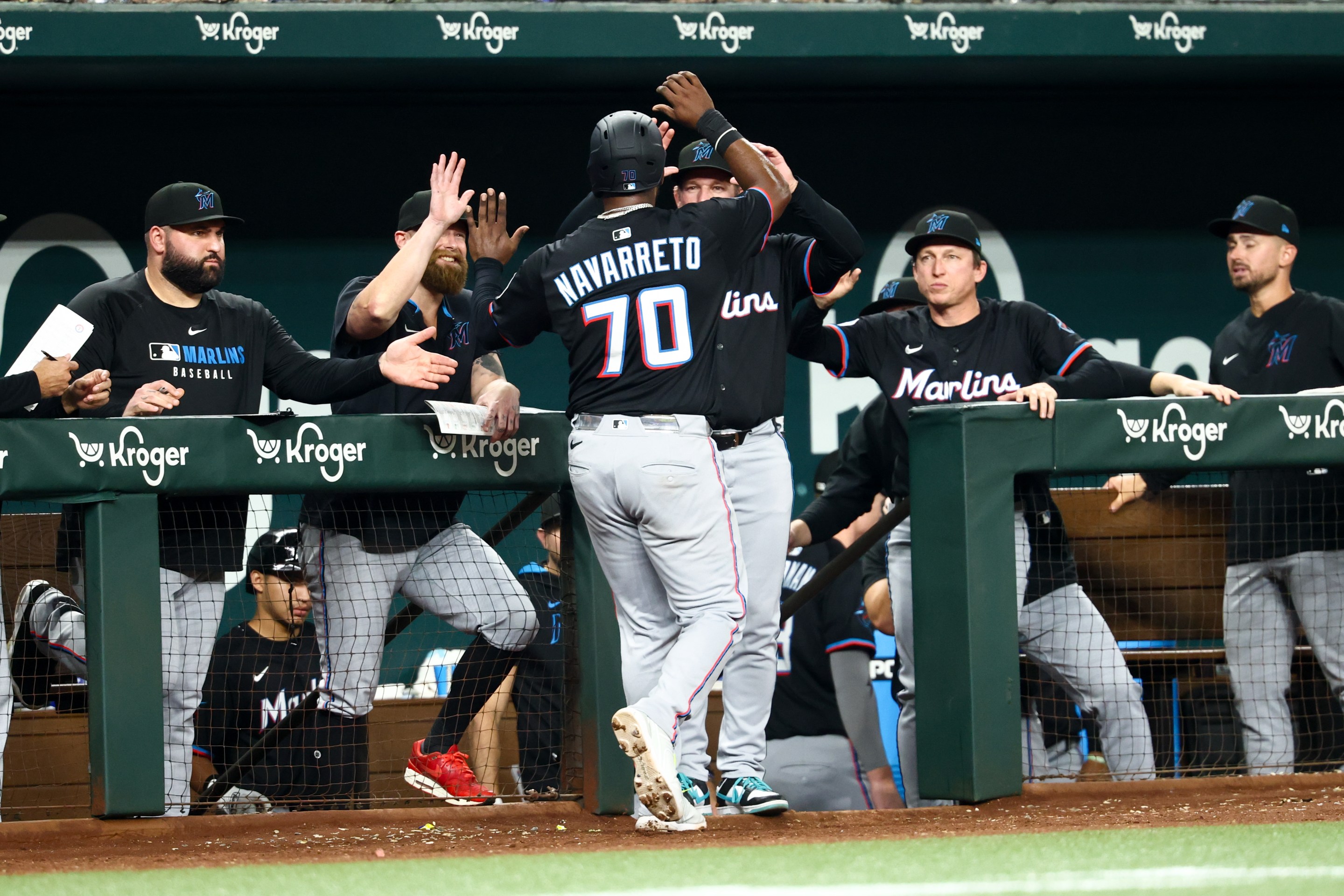It sounded a little too good to be true: Major League Baseball and the MLBPA nearing an agreement to start the season just 48 hours after Rob Manfred floated the worst-case scenario.
Jon Heyman treated the deal as close to done:
But Manfred's subsequent statement didn't quite go that far, calling the discussions "a jointly developed framework that we agreed could form the basis of an agreement and subject to conversations with our respective constituents," and from the full stories that later you ran, you can tell from which side Heyman got his information.
Whether it's Ken Rosenthal, Jeff Passan, Bill Shaikin of the Los Angeles Times or Tim Brown of Yahoo Sports, all describe the owners thinking Manfred left his meeting with Tony Clark with a deal in place, only to see Clark merely call it a "proposal" lacking the requisite amount of games.
I'd call it an embarrassing sequence of events for the league, but considering the previous news cycle speculated about how many owners didn't even want to try playing, I'm not quite sure how shame even registers anymore. Instead, I'd consider this an encouraging development, because Major League Baseball agreed to full prorated salaries, and the MLBPA actually deemed it a "proposal" worth working with. That's the kind of progress that could've been made weeks ago, but it's progress nevertheless.
Besides, as somebody who's bearish about a season being completed with any legitimacy during a pandemic, I'm more interested in proof that the two sides can actually speak the same language for matters pertaining to 2021 and beyond.
While the number of games is the primary sticking point, these things seem more or less settled:
*Universal DH for 2020 and 2021: I've stated my preference for the status quo on the premise that it's weird as hell that the leagues play by different rules and I dig it, but I'm one of those people who doesn't mind when nightstands don't match.
*Expanded postseason: I've stated my preference for fewer postseason teams because regular-season baseball is the best baseball, but one decent byproduct is the increased financial incentive to improve a team to "decent," which front offices stopped considering worth their while.
Also possible:
*Advertisements on uniforms: They're ugly and awful, but not worth getting upset about if it makes concessions easier for owners to make.
* * * * * * * * *
This all strikes me as something that can be made feasible after feedback, which is a first for me since the proposal exchange process started.
Loose ends remain, with two standing out as immediately pressing to me:
The future of "When and Where": The players' social media campaign daring Manfred to institute a 50-game season seemed to resonate with fans and front offices, prompting the owner to reopen the talks with Clark and treating prorated salaries as no longer negotiable. The MLBPA still might see 60 games as too few, and it won't want to waive its ability to file a grievance, but the union can't assume fans will stay on their side as it tries to haggle the finer points. (This might all be irrelevant, because the MLBPA wouldn't exist if it worried about fan sentiment over results.)
That pesky pandemic: Andy McCullough at The Athletic said "when and where" is simple, but "how" is still a major pain in the ass.
But even with the sun shining and the summer beginning, the virus has not gone away. Texas has recorded record hospitalizations, with cases increasing in the home counties of the Astros and Rangers. Miami paused its re-opening this week as inflections increased. The mayor of Phoenix said this week the city was “experiencing a very troubling spike,” which did not stop Manfred and Clark from using the city as a meeting point for a face-to-face discussion on Wednesday.
“The rising cases in states where teams are located also raises the possibility that these teams won’t be allowed to restart at all — or will have their seasons interrupted — if local officials decide to reimplement certain business closures,” Binney wrote. “My suspicion is it would take a lot for the governors of Arizona, Florida, or Texas to do that, but looking at current trends it’d be foolish to say they definitely won’t get to that point.”
(Photo by Arturo Pardavila III)





